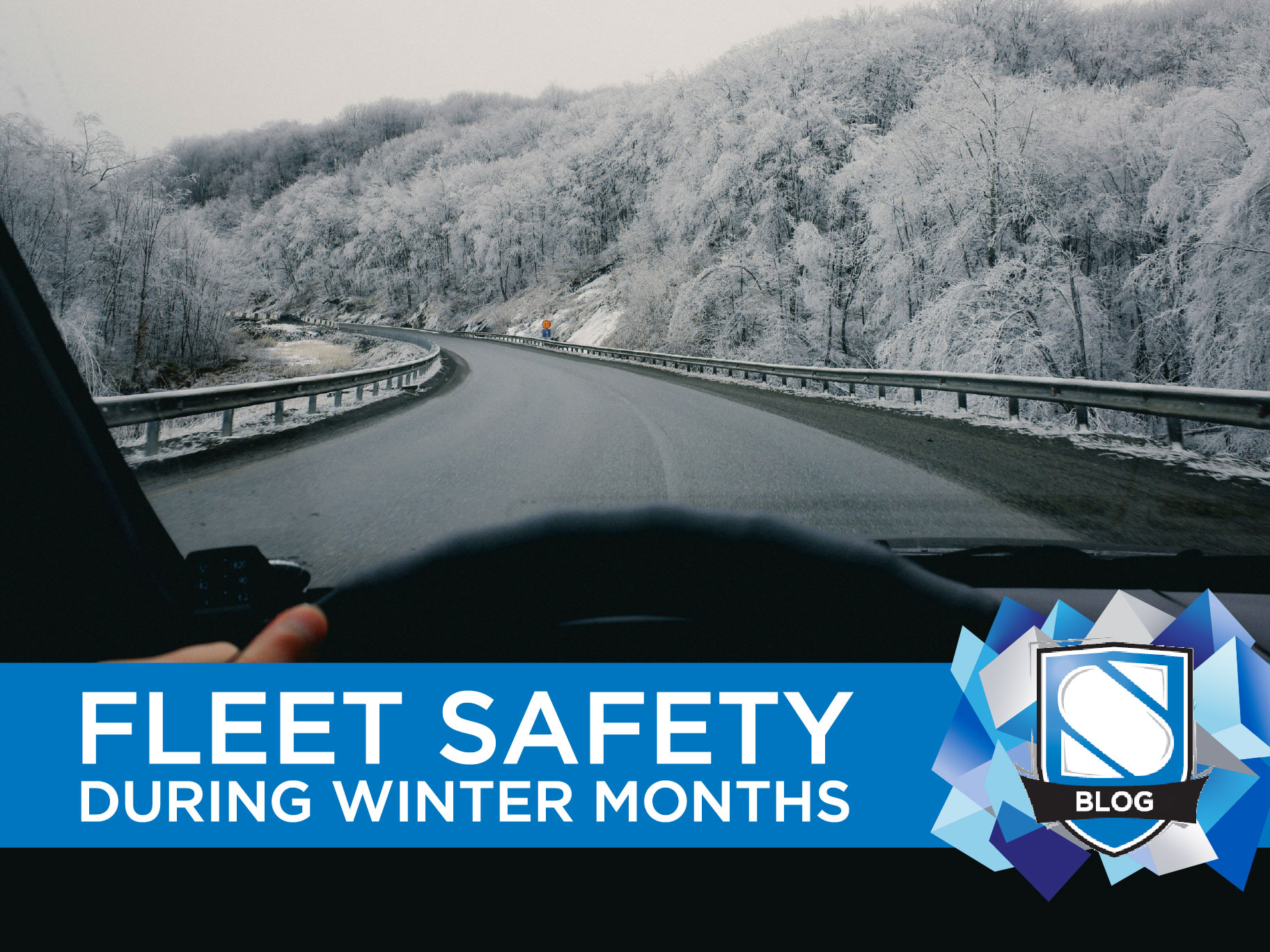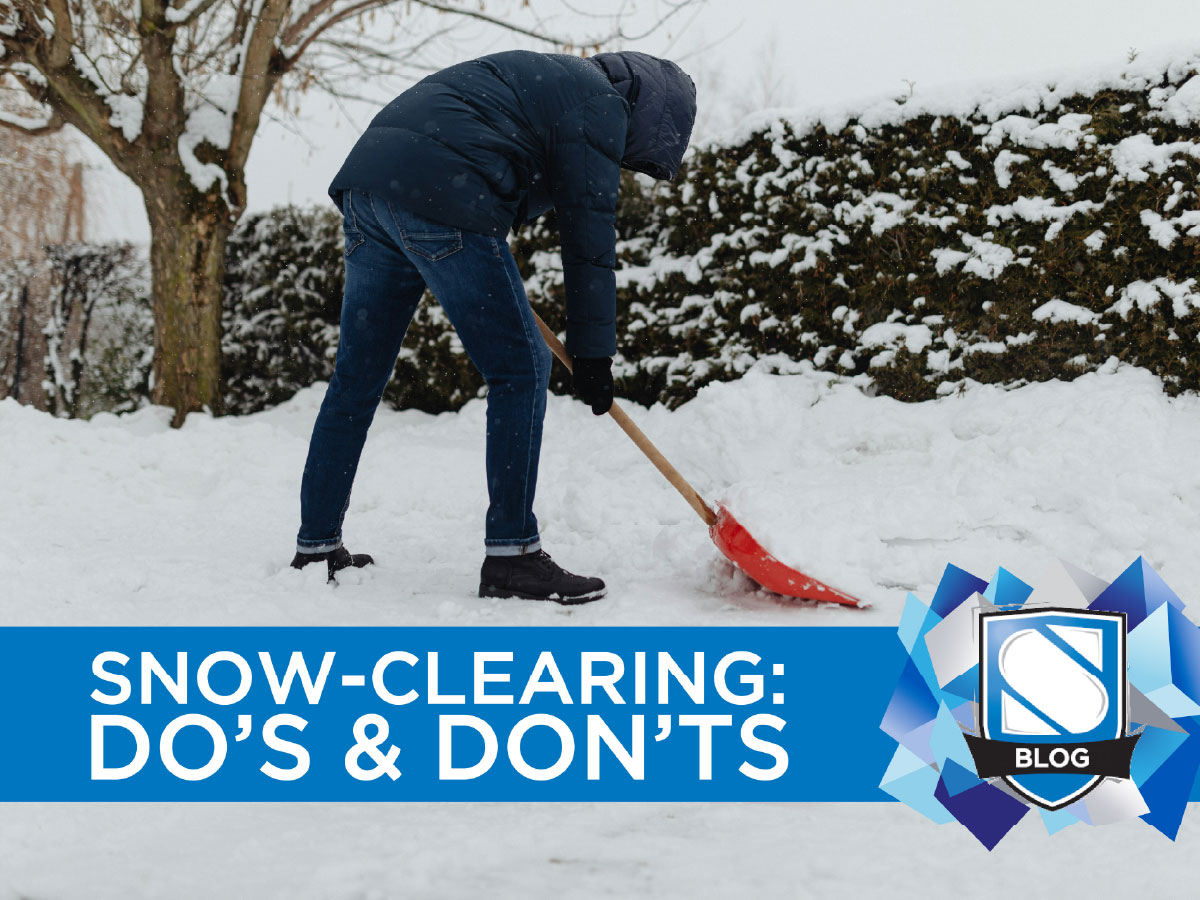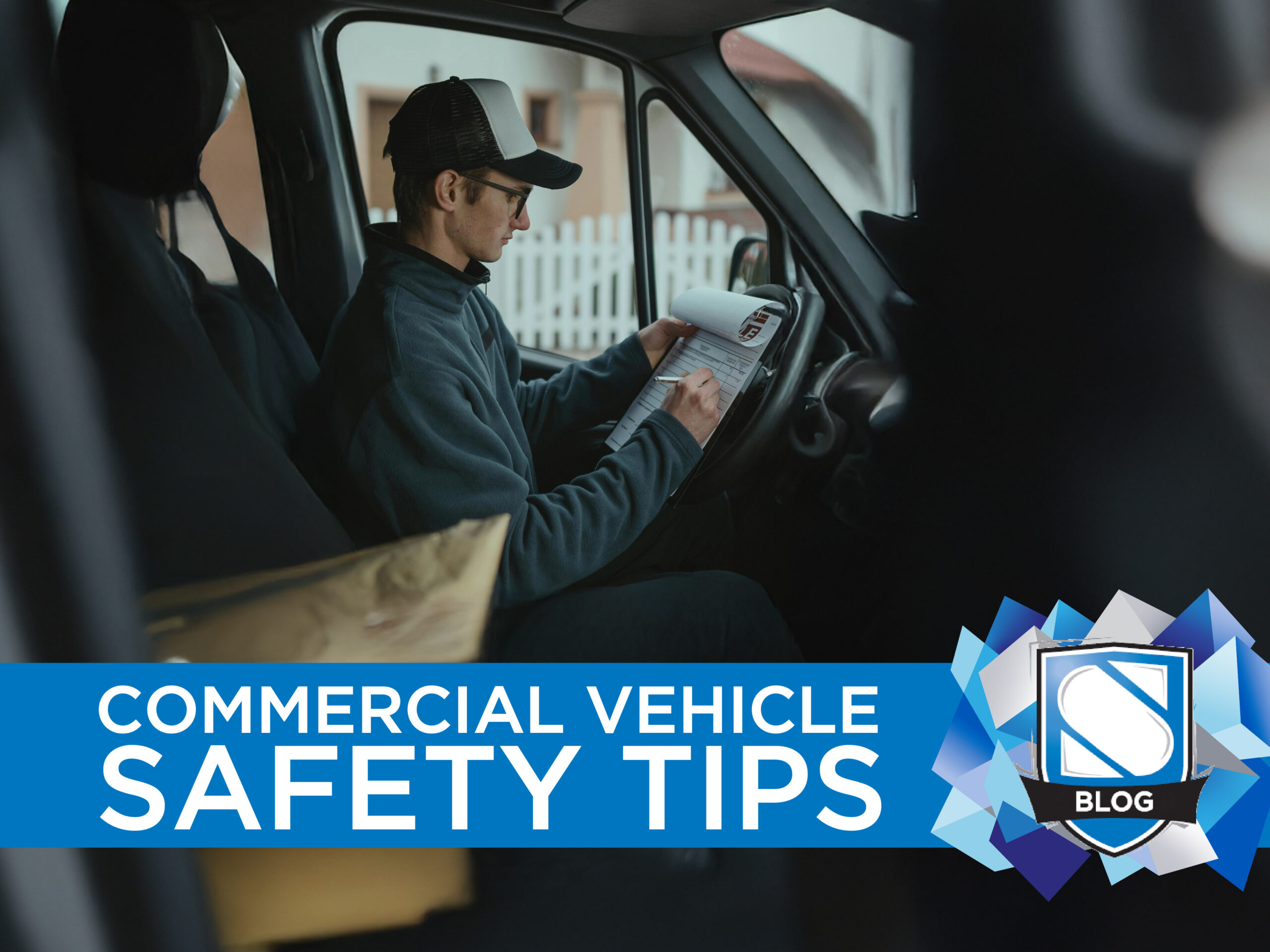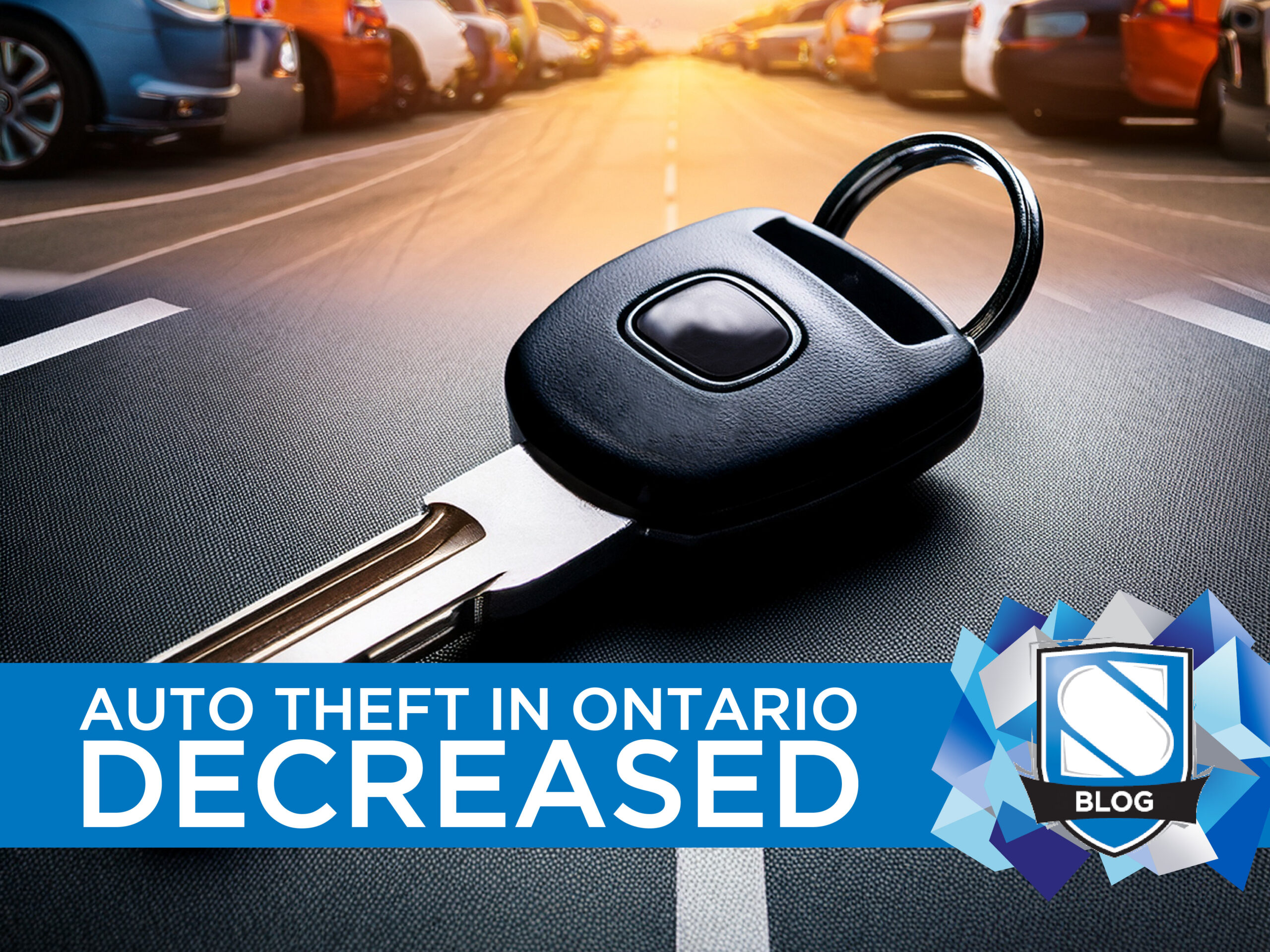Distracted Driving and You
In our previous post, we asked this question:
True or False: To prevent pipes from freezing, open your tap to allow a thin stream of water to keep flowing. The colder it is outside, the faster the water should run.
Answer:
This is both true AND false! Yes, it’s important to open your tap in extreme temperatures to prevent pipes from freezing, but all you need is a thin trickle or drip. Flowing water will prevent freezing, and simply having the valve open prevents a pressure build-up in a closed space – remember, water expands when it freezes, which compresses the air inside the pipe. This pressure is what causes cracked pipes!
Did you get it?
Now for this post’s question!
Studies show that drivers who use cell phones while driving are how many times more likely to get into a collision than a non-distracted driver?
We’ll reveal the answer next time!
Last September, the Ontario Court of Appeal ruled that holding a cellphone or any other wireless communication device while driving—even for just a moment—is illegal under the Highway Traffic Act. There are no exceptions, and even picking up a cellphone at a red light can mean a conviction. Planning to argue that your phone is turned off? Forget it—there’s already been a precedent set, and it doesn’t have to be proved whether your handheld wireless device is actually working or not.
It’s important to understand exactly what falls under the law here:
•Not Allowed: Holding a cellphone while driving.
•Allowed: Using a cellphone with an earpiece, headset, or Bluetooth device; must use voice dialling to make calls while driving.
•Not Allowed: Manually entering information on a GPS device while driving.
•Allowed: Setting up your GPS prior to driving, ensuring it is secured to the dashboard or windshield.
•Not Allowed: Manipulating an MP3 player while driving; song selection or holding the device.
•Allowed: A portable MP3 player plugged into the vehicle’s sound system, set up before you begin to drive.
The only exception—and really, this is the only one—is if you need to call 911 in an emergency situation. Otherwise, you’ll need to pull off the roadway, ensuring you aren’t blocking traffic, and park your car. Yes, park! If you pull off to the side of the road and use your phone while idling, you can still be ticketed. If you are pulling off the road to park and make a phone call, keep in mind that you are prohibited from doing so on a 400 series highway. Get off at the next exit or service center first.
While this all may seem like common sense to most people, the truth of the matter is, not everyone is following the law… and you, as a business owner, should care. While it may seem like it’s not your problem (your employees can do what they want, right?), you as an employer are actually responsible for your employees’ actions while they’re “on the job.”
If an employee decides to circumvent the law and utilize a wireless mobile device while driving—and they’re performing a duty related to their employment—guess who’s liable if they are caught? A negligent act by an employee that results in damages could expose you, the employer, to potential legal liability.
As an employer, it’s your responsibility to educate your staff on safe driving, and perhaps take it a step further by implementing a policy for a ban on cellphone (or GPS, MP3 player) use while driving. At Staebler, we recommend that the employer make this policy very clear to the employees, ideally by presenting a written copy of the policy to all employees and requiring them to sign an acknowledgment that they have read and understood this policy. Keeping it on file with H.R. can then protect the business against liability, should something happen in the future.
These days, there are no excuses for using a cellphone while driving—that’s a given—but ensuring that your employees understand the seriousness and the danger involved can go a long way to making our roads a little bit safer—and protecting the people we are about, too.














0 Comments